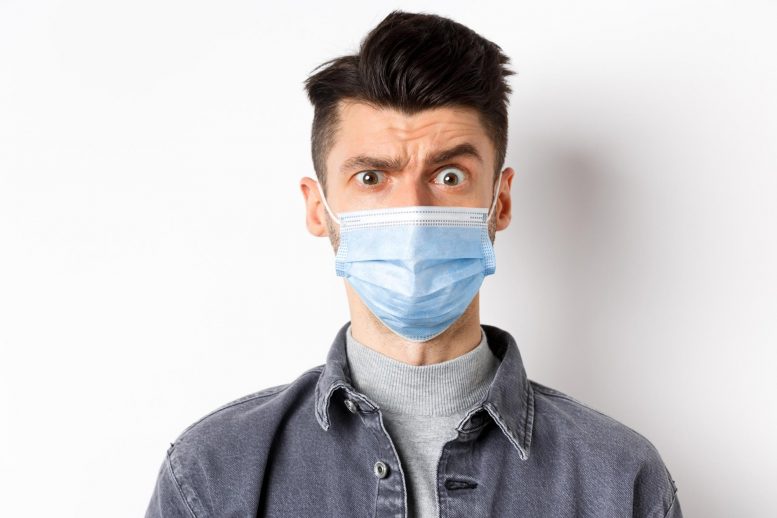
With so many health experts, public officials, and organizations pushing for COVID-19 vaccinations and boosters, you may be wondering why vaccinated individuals are still getting sick with COVID-19.
The answer takes some explanation, with the help of Dan Diekema, MD, MS, hospital epidemiologist, and infectious disease specialist.
It’s also a good time to remind ourselves that we must recommit ourselves to follow safety standards at work and in our community: Be aware and committed to mask wearing, social distancing, and avoiding gatherings.
By focusing on our safety measures during this surge in cases due to the omicron variant of COVID-19, we can each make a difference.
The purpose of vaccinations
First, we must understand the purpose behind vaccinations. In general, vaccinations of any kind (from COVID-19 to chickenpox) are intended to lessen the likelihood that an individual contracts a certain illness. But the most important goal of a vaccine, and what is essential to know about the COVID-19 vaccine, is that it reduces the severity of the illness within an individual if they do get sick.
COVID-19 vaccine boosters
Initial reports show that receiving only one or two doses of an mRNA vaccine, like the Pfizer-BioNTech or Moderna vaccines, does not reduce the likelihood of infection against omicron as much as it does against previous variants. However, receiving a booster greatly helps both prevent the likelihood of infection with the omicron variant and reduces the severity of illness if you do get sick.
So simply put, even though the vaccines won’t always keep you from catching the virus, they’ll make it much more likely you end up with mild symptoms like congestion, a sore throat, and fatigue, rather than a hospital stay.
Omicron is highly contagious
Although early data indicates omicron does not cause more severe illness than previous variants, it does spread much more quickly.
Omicron appears to replicate more efficiently than previous variants, and if those infected with COVID-19 have high viral loads—i.e., the amount of virus in the airway—they’re more likely to pass the virus on to others, especially those who are unvaccinated or un-boosted.
Safety guidance
Expert advice for staying safe hasn’t changed in light of omicron. Wearing masks while indoors, avoiding gatherings and keeping your distance from others, and receiving a COVID-19 vaccination and booster remain the most effective ways to limit the spread of the virus.

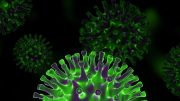
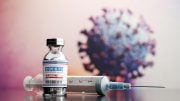
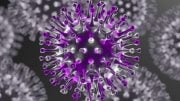
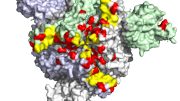


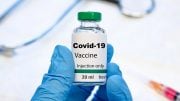
the title is misleading.
the article repeats ‘do as we tell you’ without explaining why that advice fails in the case of this latest variant
Prior to 2015, vaccinated people did not get sick as the definition of being “vaccinated” included the concept of immunity. Now, with the latest CDC “tweaks” of the definition, “vaccinated” only means less like to get severely sick.
In addition, only “vaccines” can be used under the Emergency Use Authorization”, thus the need to labeling the mRNA therapies as “vaccines” and the subsequent definition change.
Thank God the small pox vaccine did not work that way! Nor required a quarterly booster.
People around me who are getting covid19 and badly ill are all fully (twice or tripled) vaccinated. In my childhood when you were vaccinated you were not worried to catch the disease against which you had the vaccine….we were living normally without panicking,without media spreading fear …and we had a booster once a year or even every 2 or 3 years. I am sorry but this vaccine seems to be a joke.